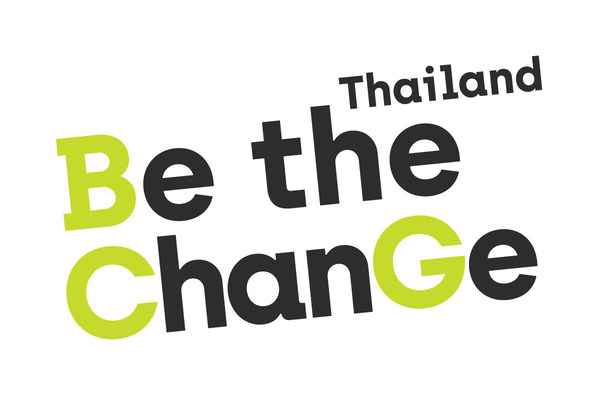BANGKOK, June 27, 2022 /PRNewswire/ -- Thailand's makers of decorative items, furniture, fashion and other lifestyle goods have been anticipating the rising global consumer demand for environmentally friendly products, by creating innovative solutions based on locally available bio resources and increasingly engaging in recycling, in line with the country's Bio-Circular-Green (BCG) economic model and sustainable development agenda, Thai officials and businesspeople said at a recent BCG symposium and exhibition in Bangkok.

"Thailand: Be the ChanGe" the slogan of the campaign to promote Thai lifestyle products made in line with the country's Bio-Circular-Green (BCG) economy model.
The Thai Government has made the BCG Economy Model a national agenda to foster sustainable economic development, and help achieve environmental and climate objectives. Thailand has also declared BCG a key focus of its chairmanship of the Asia-Pacific Economic Cooperation (APEC) meetings throughout 2022.
"Thailand is at the forefront and pioneering the BCG principles. We support and promote Thai designers, design-based enterprises as well as Thai startups so that many become role models for the industry to follow," said M.L. Kathathong Thongyai, an executive at the Department of International Trade Promotion (DITP), Ministry of Commerce.
Consumers and companies worldwide increasingly transform themselves into environmental conscious citizens. The Global Sustainability Study 2021 survey revealed that 85 percent of people globally indicate that they have shifted their purchase behavior towards being more sustainable in the past five years.
Known for their craftsmanship, Thai companies are using design and technology in transforming natural and industrial waste to make a multitude of products that delight consumers, while ensuring sustainability.
"We have for quite some time been using off cuts, wood scraps and sawdust in the products we export to Japan and elsewhere, but what we do now is to take the problem at the roots by making the zero waste objective part of the design from the very start," said Mr. Jirachai Tangkitngamwong, R&D and Marketing Director, Deesawat Industries, a furniture and flooring manufacturer which showcased new collections during the Milan Design Week.
The company is one of the recipients of the DEWA/DEWI label, an acronym standing for Design from Waste of Agriculture and Design from Waste of Industry, issued by the Government of Thailand to promote initiatives developing the creative use of recycling and the development of eco-friendly new materials in the manufacturing of lifestyle products.
Another label recipient, New Arriva, better known for its Qualy brand, produces decorative items made of natural materials and recycled discarded fishing nets, plastic bags and bottles. The company, a regular participant to global home decoration shows, exports its eco-friendly goods to over 50 countries.
A fashion shoe maker named UPCYDE, which aims to drive sustainability in the fashion and agriculture industries by up-cycling some of the vast volume of agricultural waste, also received the label. UPCYDE mixes dried banana leaves with rubber to make a more durable material it calls leaf leather.
As sustainability becomes the societal goal shaping the world, a promising potential awaits both eco-friendly product creators and consumers, raising the hope a greener world can certainly be achieved.